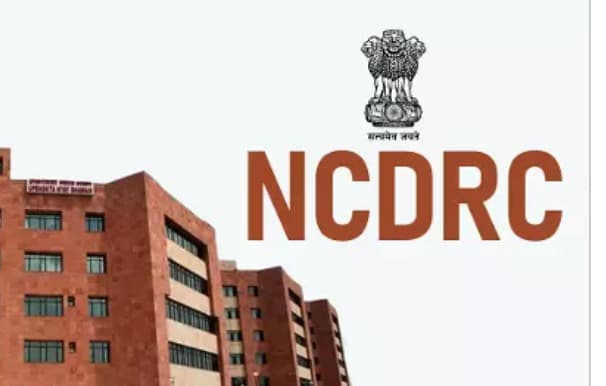The Delhi High Court on Thursday dismissed a petition by real estate developer Navin M. Raheja and another petitioner challenging two key orders of the National Consumer Disputes Redressal Commission (NCDRC). The dispute arose from consumer complaints linked to the long-delayed ''Revanta'' project in Gurgaon, where buyers had either sought possession or refunds.
Background
Back in 2012, M/s Raheja Developers had promised to deliver flats in its Revanta project within 42 months, including a six-month grace period. Buyers later alleged that not only was the project delayed, but the company also altered building plans by adding extra floors without consent.
A batch of 35 complaints was taken up by the NCDRC, and on August 26, 2022, the Commission passed sweeping directions. Some buyers were awarded full refunds with 9% annual compensation, while others were promised possession with interest for the delay. If deadlines were missed, the orders said, the company must refund with higher interest, even up to 12%.
Later, when one couple, Dinesh and Shefali Goyal, pressed for execution of their order, the NCDRC directed the company's directors to appear personally and explain how they planned to satisfy the decree. That February 2025 order also became part of the challenge before the High Court.
Court's Observations
Appearing for Raheja Developers, counsel Yogendra Mishra argued that both NCDRC orders were void because the Bench had been made up only of ''technical members'' without a judicial member.
''Such a forum lacks jurisdiction and any decree would amount to nullity,'' Mishra submitted, citing earlier Supreme Court rulings.
On the other side, advocate Arjun Mahajan, representing the complainants, countered that the Commission had already rejected the same objection earlier. He reminded the court that the Consumer Protection Act did not insist on every bench including a judicial member.
''The President of the Commission can constitute benches as deemed fit, and Regulation 12 of the 2005 Regulations allows referral to the President only when a complex question of law arises,''he argued.
Justice Manoj Jain examined provisions of the Act closely and remarked,
''Neither the statute nor the regulations mandate that a judicial member must always be part of the bench. If that were so, Regulation 12 would not have been necessary.''
The Judge also took note that the petitioners were not parties to the original consumer complaints, and their challenge came years late.
''There is no explanation whatsoever, much less a plausible one, for this delay,'' the court observed.
Also Read : Supreme Court Orders Nationwide Monitoring of Disability Homes, Launches "Project Ability Empowerment"
Decision
In a clear ruling, Justice Jain concluded that the composition of the NCDRC Bench was lawful and its orders could not be invalidated on that ground. He also highlighted that pending appeals on similar questions before the Supreme Court did not bar the High Court from deciding the matter.
''This Court does not find any merit in the present petition. Same is accordingly dismissed,''
The Judgment recorded, effectively shutting the door on Raheja Developers' latest attempt to avoid compliance with the consumer body’s directives.
The dismissal means that directions issued by the NCDRC - including refunds with interest or timely possession of flats - remain binding on the developer.
Case Title: Navin M. Raheja & Anr. vs. Dinesh Goyal & Ors.
Case Number: CM(M) 381/2025 & CM APPL. 11218/2025 & CM APPL. 11219/2025














